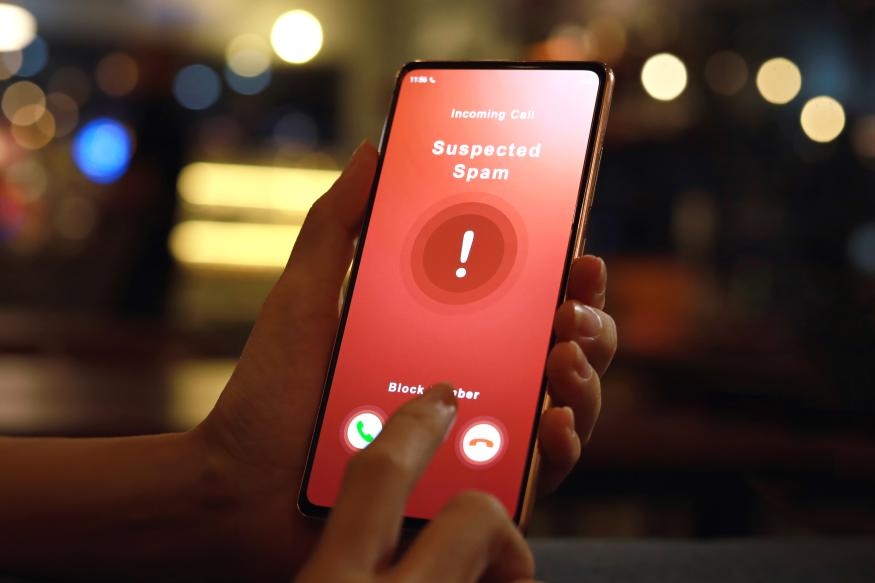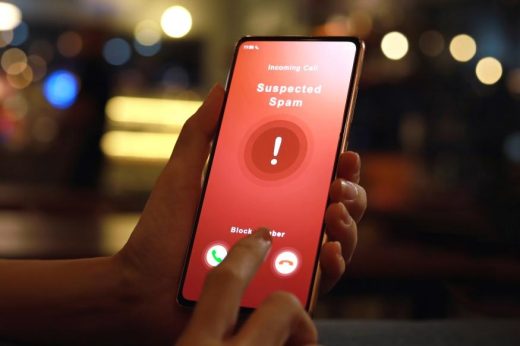FCC blocks robocall middleman One Eye from future campaigns
FCC will start kicking voice providers out of its robocall database
Calls will be blocked if those providers don’t boost their anti-spam efforts.
Telecoms slow to adopt anti-robocall measures could soon face stiff punishment in the US. The Federal Communications Commission (FCC) now plans to remove seven voice service providers from its Robocall Mitigation Database for failing to comply with required anti-spam efforts, such as implementing STIR/SHAKEN call authentication to prevent spoofing. The companies have 14 days to “show cause” why they shouldn’t be removed. If they don’t, all their customers will be blocked from making calls. Effectively, their voice businesses are finished.
The companies include Akabis, Cloud4, Global UC, Horizon Technology, Morse Communications, Sharon Telephone and SW Arkansas. In all cases, the companies failed to share their anti-robocall plans even after the FCC warned them about violations. The FCC noted that STIR/SHAKEN is necessary for any provider with an IP-based network, and those without IP still have to show that they’re mitigating illegal robocalls.
The FCC required that all carriers use STIR/SHAKEN by the end of June 2021. Major carriers like AT&T and Verizon (Engadget’s former owner) were quick to adopt the technology. Small providers received extensions, but only so long as they detailed how they’d limit robocalls.
Removals aren’t likely to significantly stem the tide of spam calls. However, the FCC’s move (along with a campaign from state attorneys general) could discourage telecoms that either skimp on anti-robocall defenses or knowingly profit from scammers and telemarketers.

(16)



